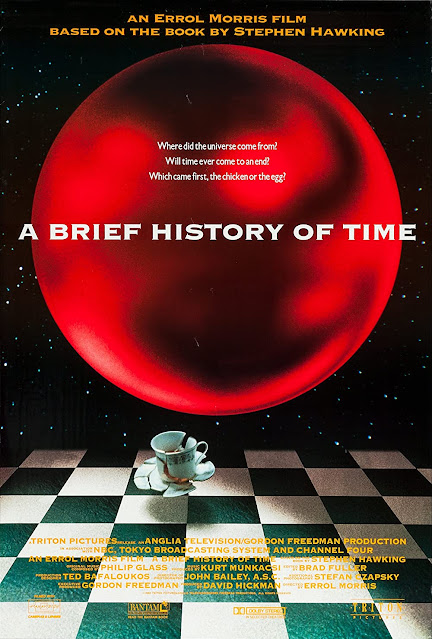☆ ☆ ☆ ☆
Memoria (2021) – A. Weerasethakul
This is only the second film by Apichatpong
Weerasethakul that I’ve seen, even though the Thai director has been making
features since 2000. The other was Uncle
Boonmee Who Can Recall His Past Lives (2010) which won the Palm D’Or at Cannes
that year. It should have prepared me
for the slow meditative pace of his new film, Memoria (which won the Jury Prize
at Cannes in 2021), but somehow the presence of Tilda Swinton and the
suggestion that this would be science fiction lured me into expecting something
different. However, the opening scene, which takes place at night in the near
dark and shows only Jessica (Swinton) hearing a loud earthy metallic sound and
waking up somewhat dazed to slowly look around, quickly reset my expectations. Once
I got myself in tune with the film’s thoughtful pace, I was mesmerized by its
mystery. What was the sound? Why can only Jessica hear it? She begins an
investigation, first consulting a sound engineer who manipulates an effects
library to try to reproduce the exact sound. This is Weerasethakul’s first film
outside of Thailand – it takes place in Colombia and Jessica soon drifts from
the city into the countryside where she meets a fisherman who declares that he
is a hard drive who stores all memories and she is an antenna who can read
them. They experience a connection. The film does not attempt to provide
answers to its mysteries but instead shows us a series of incidents and
encounters, primarily ambiguous, that allow viewers to reflect, think, and expand
their consciousness. I was reminded of the art of Jeff Wall while the camera
paused for lengthy amounts of time on clearly staged shots. What motivated the
artistic choices? Colour and composition are a highlight here and, given the
plot, sound design as well. This must
have been wondrous on the big screen.



.jpg)
